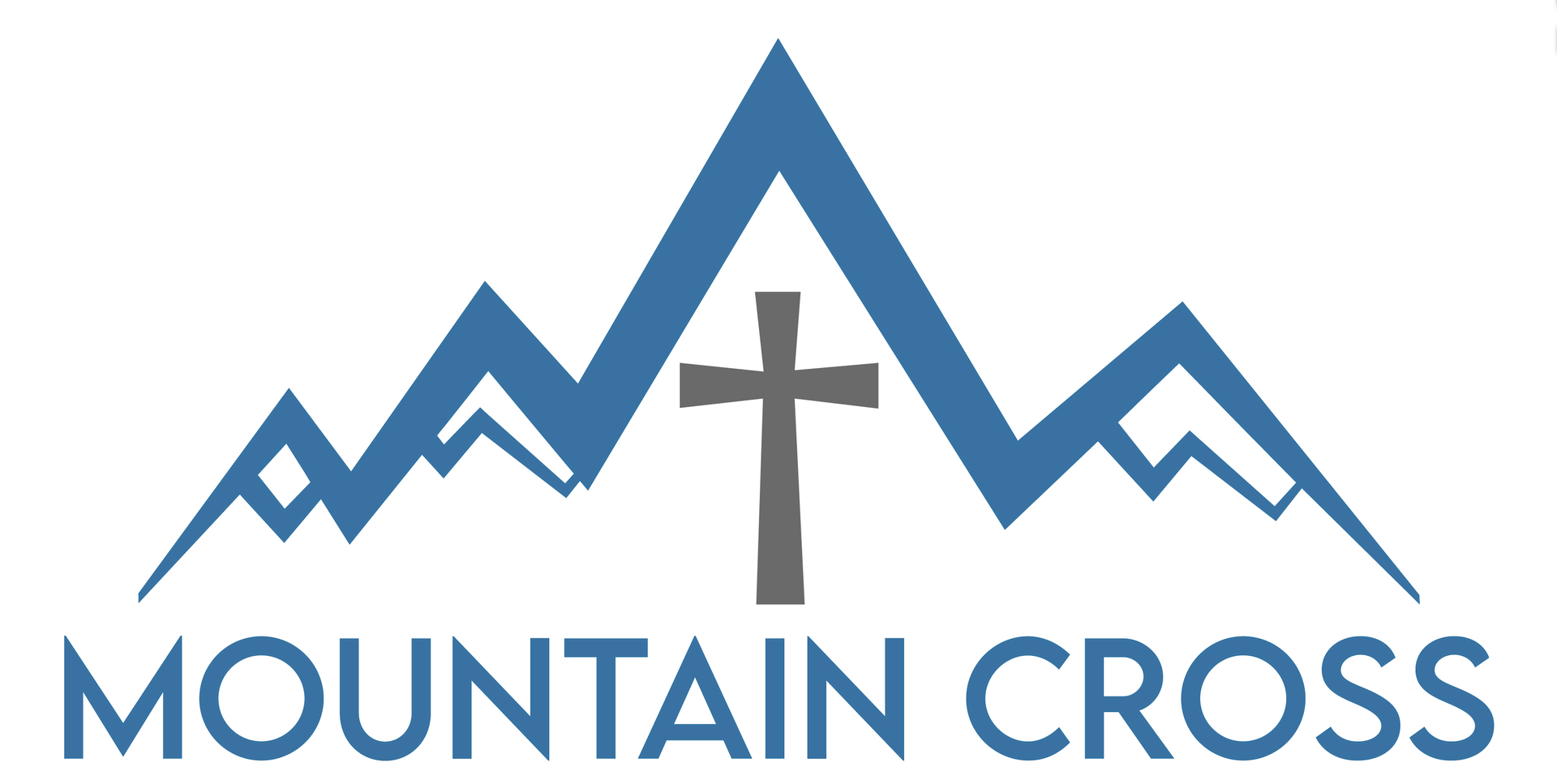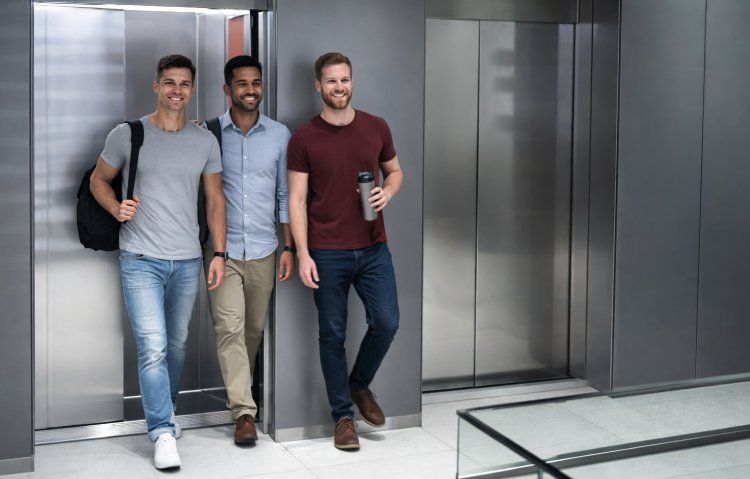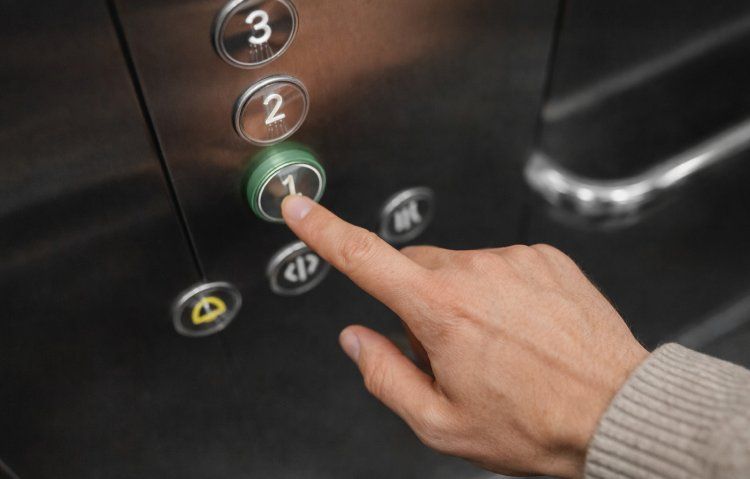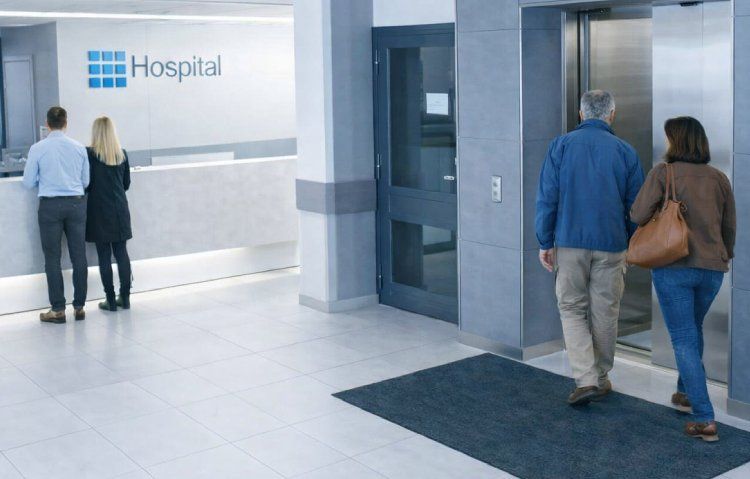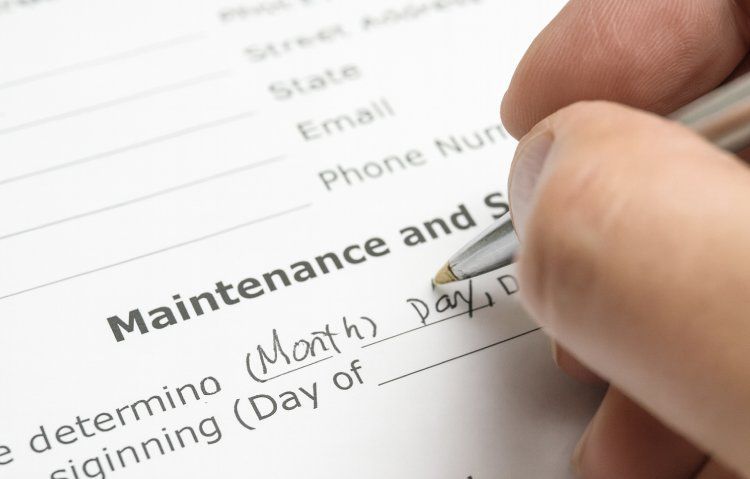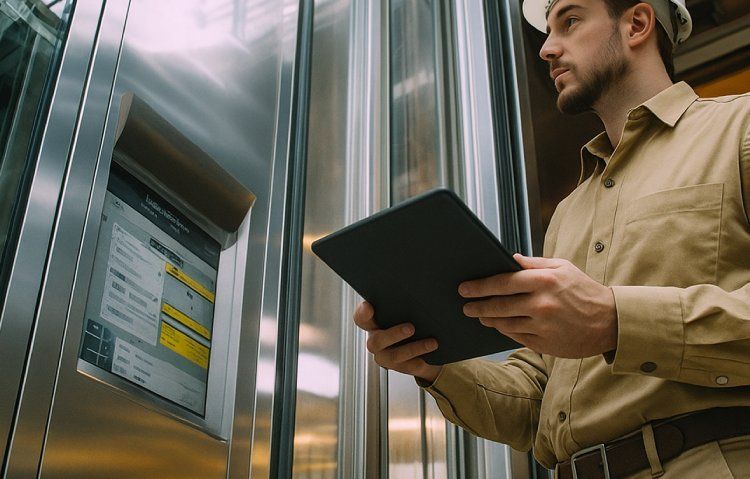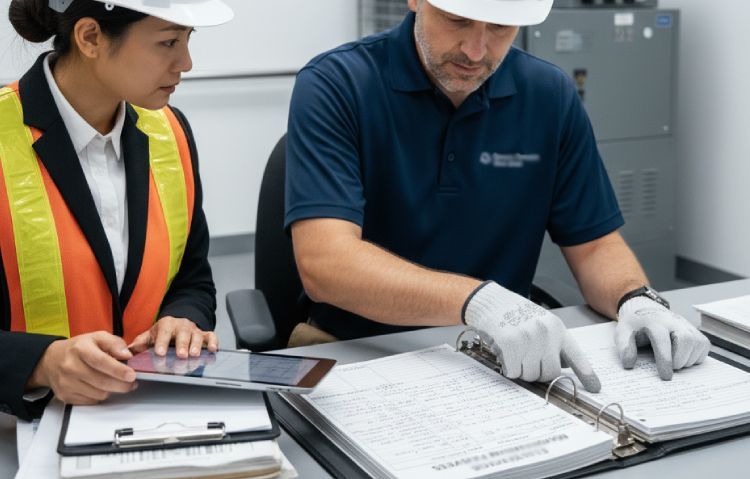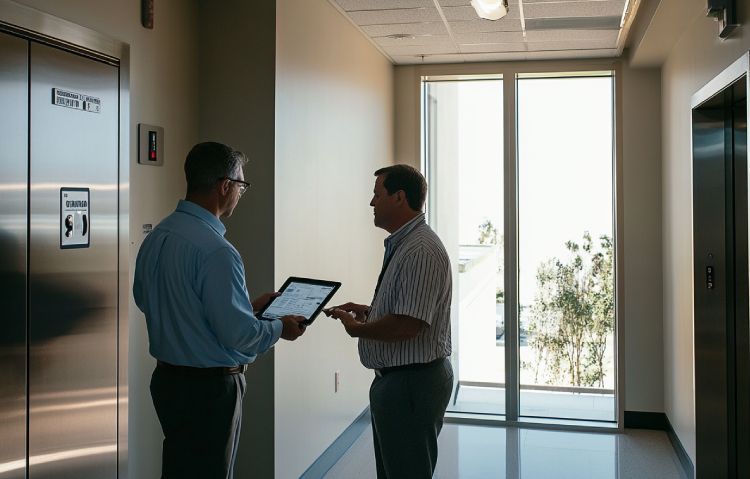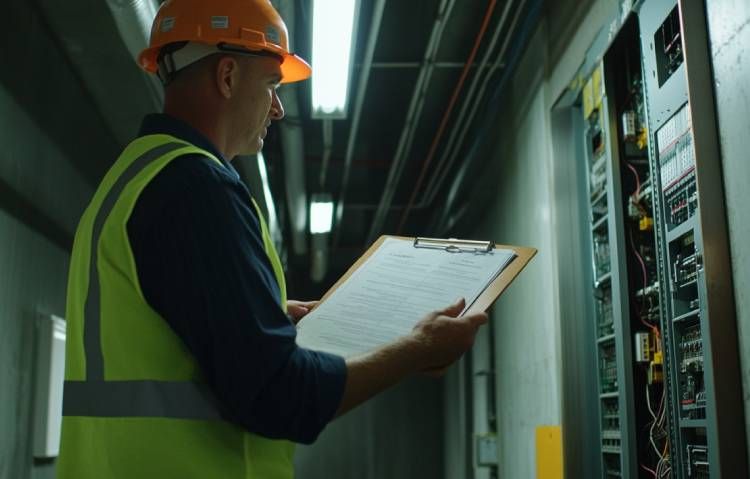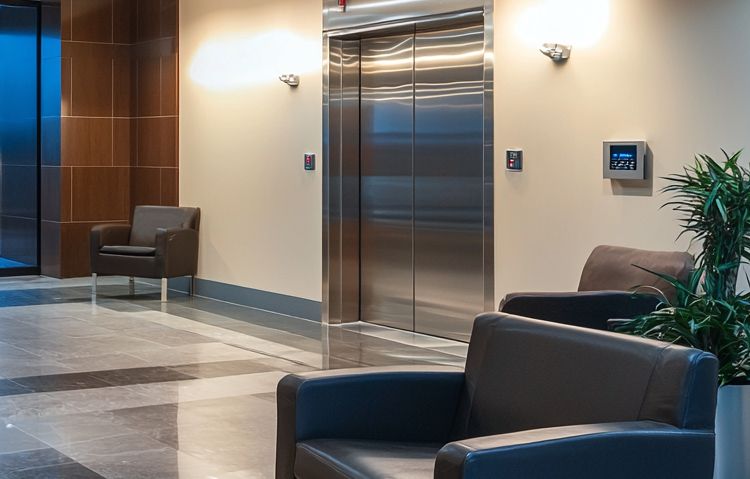Extravagant Prices in the Elevator Industry: An In-Depth Analysis
The elevator industry is an essential part of modern infrastructure, ensuring smooth and reliable vertical transportation across residential, commercial, and industrial spaces. However, the cost associated with elevator installation, maintenance, and upgrades can sometimes appear extravagant. Understanding why these prices are high and how they break down is crucial for building owners, property managers, and facilities managers. In this blog post, Mountain Cross Consulting sheds light on the reasons behind the elevated prices in the elevator industry and offers guidance on how to navigate these costs effectively.
The True Cost of Elevator Systems
Elevators are complex machines that integrate advanced technology, engineering, and safety features. The cost of an elevator system is influenced by several factors, ranging from the size of the building to the level of customization. Below, we explore the primary cost drivers in the elevator industry and how they impact pricing.
Factors Driving Elevator Costs
1. Customization and Design
One of the most significant contributors to elevator expenses is the level of customization. Standard elevator systems may fit some commercial or residential needs, but larger buildings or high-traffic facilities often require unique designs.
Customization can involve:
- Cab finishes: High-end materials like marble, stainless steel, or glass drive costs higher.
- Interior design: Specialized lighting, handrails, and custom flooring add to the overall price.
- Exterior aesthetics: Modern buildings sometimes demand elevators that match the architectural style, increasing costs for design, materials, and installation.
Customization ensures a tailored fit but often results in higher pricing.
2. Technological Advancements
The elevator industry is not immune to rapid technological advancements. New features, including destination dispatch systems, advanced safety protocols, and touchless controls, significantly increase the cost of modern elevators. Property managers may face higher expenses when opting for the latest technology, but these innovations provide increased efficiency, safety, and convenience.
3. Building Type and Size
The type and size of a building influence elevator pricing more than most people realize. Larger structures require more powerful elevator systems, leading to increased costs for:
- Hydraulic or traction systems: Depending on the building's height, different drive systems may be required.
- Multiple elevators: Large buildings often require multiple elevator shafts, leading to a higher installation and maintenance cost.
- Compliance with regulations: For certain building types, elevators must comply with strict ADA (Americans with Disabilities Act) and local safety regulations, further inflating the price.
4. Maintenance and Service Agreements
Elevator systems are long-term investments that require ongoing maintenance to ensure their reliability. Regular inspections, repairs, and part replacements are standard components of a service agreement, which can become costly over time. Factors that impact maintenance costs include:
- Age of the elevator: Older systems may require more frequent servicing or part replacements.
- Type of agreement: Full-service contracts are often more expensive but cover all repairs, whereas limited contracts may reduce upfront costs but leave certain services out-of-pocket.
For building owners looking to mitigate future costs, investing in regular preventive maintenance is essential.
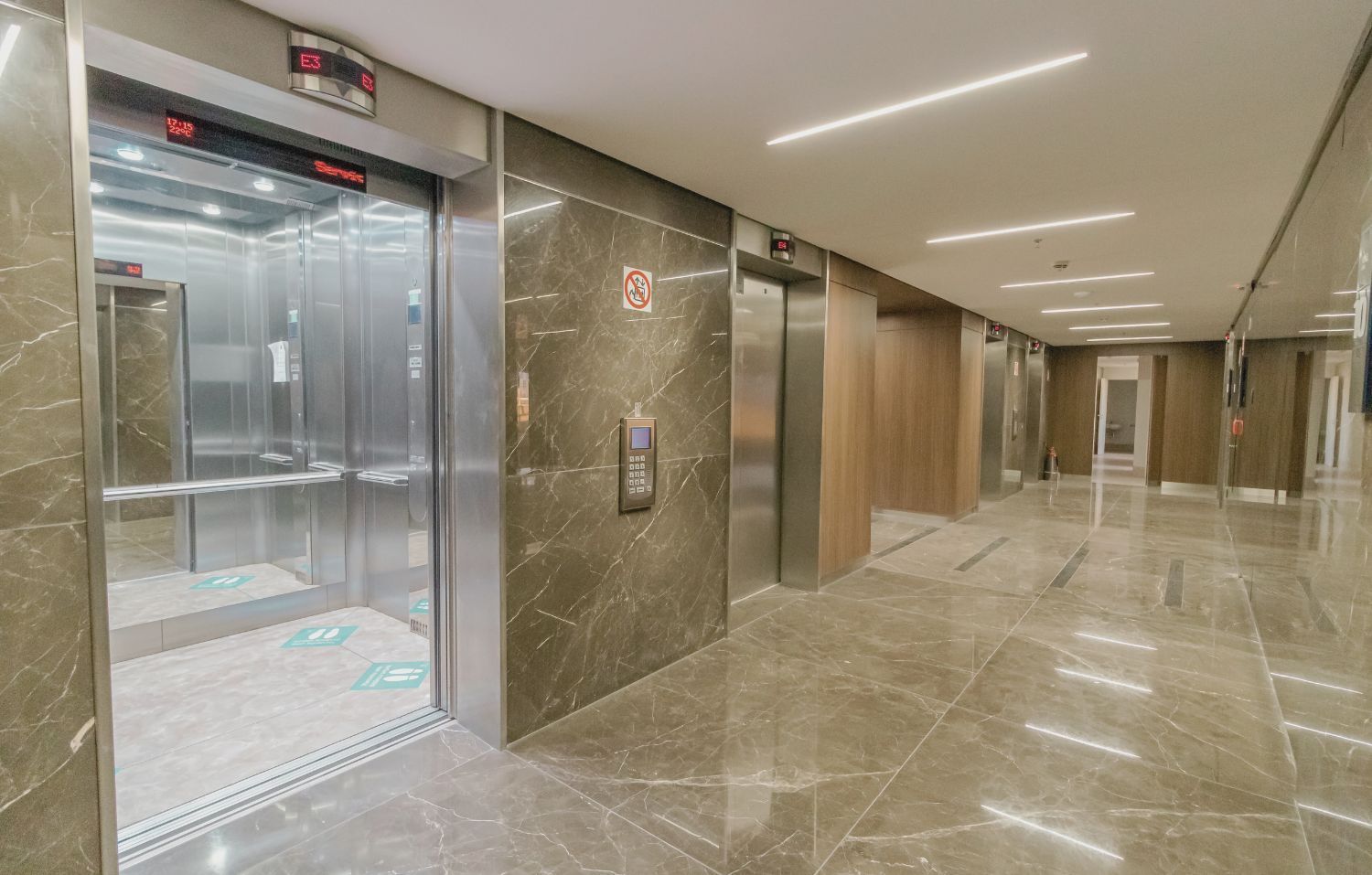
Why Elevator Prices Can Seem Extravagant
The perception of high elevator costs often comes from a misunderstanding of the various elements involved in the installation and upkeep of elevator systems. Here's a breakdown of why these costs might seem inflated at first glance.
Labor and Expertise
Installing an elevator requires skilled technicians with specialized knowledge. From electrical wiring to mechanical assembly, each step of the process must adhere to stringent safety standards. Labor costs reflect this expertise, which is non-negotiable when ensuring the safety and functionality of an elevator system.
Safety and Regulatory Compliance
Elevators are subject to strict safety regulations, including local building codes, fire safety standards, and ADA compliance. Ensuring an elevator meets all safety regulations involves significant additional costs. Any deviation from these standards can lead to legal liabilities, making this an essential investment.
Supply Chain Challenges and Material Costs
The elevator industry often faces challenges in sourcing materials and parts, especially in the wake of global supply chain disruptions. Prices for steel, electronics, and other components have risen in recent years, contributing to the perceived extravagance of elevator prices.
Rising Material Costs:
- Steel: Used for the elevator shaft, cab frame, and other structural components.
- Electronics: Elevators require advanced control systems, sensors, and software.
- Glass and metals: High-end designs may include premium materials that come at a higher cost.
Long-Term Value vs. Upfront Costs
While the upfront cost of an elevator system might seem extravagant, it's important to consider the long-term value. Elevators enhance property value, increase accessibility, and improve tenant satisfaction in commercial and residential buildings. Properly maintained, an elevator system can last several decades, providing a return on investment that outweighs the initial expense.
How to Manage Elevator Costs Effectively
There are several strategies building owners can employ to better manage elevator-related expenses. With a thoughtful approach, you can ensure you get the best value without sacrificing quality or safety.
1. Choose the Right System for Your Building
Work with experts like Mountain Cross Consulting to evaluate your building’s specific needs. Whether it’s a hydraulic system for a low-rise structure or a traction elevator for a high-rise, selecting the right system will help avoid unnecessary expenses.
2. Consider Maintenance Costs Early On
Preventive maintenance is key to keeping long-term costs in check. Opting for a full-service maintenance contract may seem like a significant investment, but it often saves building owners from larger expenses down the line.
3. Invest in Energy-Efficient Systems
Energy-efficient elevator systems not only reduce your environmental footprint but also lower utility bills. Regenerative drives, LED lighting, and standby modes are examples of features that can reduce operational costs while keeping prices manageable.
4. Plan for Future Upgrades
Technological advances in elevators occur rapidly. Planning for future upgrades—such as adding smart controls or modernizing the cab—can prevent the need for more expensive overhauls later on. By integrating upgrade options into your long-term budget, you can spread costs more evenly.
The Hidden Costs of Cutting Corners
It may be tempting to cut costs by choosing cheaper materials, skipping on preventive maintenance, or opting for limited service contracts. However, cutting corners often leads to unexpected expenses down the road. Common issues include:
- Increased downtime: Poor maintenance leads to frequent breakdowns, costing you both time and money.
- Higher repair costs: Delaying repairs or using subpar parts can result in more expensive fixes.
- Non-compliance fees: Failing to comply with building codes and safety standards can lead to costly penalties or legal liabilities.
In the long run, prioritizing quality and expertise is essential for keeping elevator costs manageable.
Frequently Asked Questions
Why are elevator costs so high?
Elevator costs reflect the complexity of the systems, including customization, advanced technology, and safety regulations. Materials like steel, electronics, and premium finishes add to the price, as do labor and maintenance. Choosing the right system and regular upkeep can help manage these expenses effectively while ensuring long-term value.
How can I reduce elevator maintenance costs?
Preventive maintenance is key to reducing long-term elevator costs. Opt for full-service contracts that cover all repairs, and schedule regular inspections. Additionally, consider upgrading to energy-efficient systems that reduce operational expenses over time. Investing upfront in quality maintenance reduces costly breakdowns and repairs in the future.
What factors impact the cost of a new elevator?
Several factors influence the cost of a new elevator, including building size, type, and customization needs. Larger or high-rise buildings require more advanced systems, while custom cab designs and cutting-edge technology raise prices. Compliance with local safety and ADA regulations also adds to the cost.
How long do elevators typically last?
Elevators can last 20–30 years or more with proper maintenance. Regular inspections, part replacements, and preventive care ensure longevity. Investing in modernization, such as upgrading control systems or improving energy efficiency, can extend the life of your elevator and reduce future replacement costs.
Is upgrading an old elevator worth the cost?
Upgrading an old elevator can enhance performance, safety, and energy efficiency, making it a worthwhile investment. Modernization reduces operational costs, improves tenant satisfaction, and prolongs the system's lifespan. While the upfront expense may be significant, long-term savings and increased property value make it a smart choice.
Work with Mountain Cross Consulting to Optimize Your Elevator Investment
Navigating the complex world of elevator costs can be overwhelming, but with the right guidance, it doesn't have to be. At Mountain Cross Consulting, we provide expert consultation services to help you evaluate, plan, and manage your elevator systems efficiently. Whether you're installing a new system or upgrading an existing one, our team ensures you receive top-tier service and value.
Contact Us Today
Elevator costs may seem extravagant, but with the right planning and execution, you can make the most of your investment. Contact Mountain Cross Consulting today to schedule a consultation and learn how we can help you manage and optimize your elevator expenses. With our expertise, you’ll get the performance you need at a price that makes sense.
Call Us For:
- Custom elevator design and installation
- Preventive maintenance plans
- Elevator modernization services
- Compliance evaluations
- Energy-efficient elevator solutions
Optimize your investment with Mountain Cross Consulting—your trusted partner in elevator system management.
Ready to work with Mountain Cross Consulting?
Let's connect! We’re here to help.
Send us a message and we’ll be in touch.
Or give us a call today at 224-500-0321
